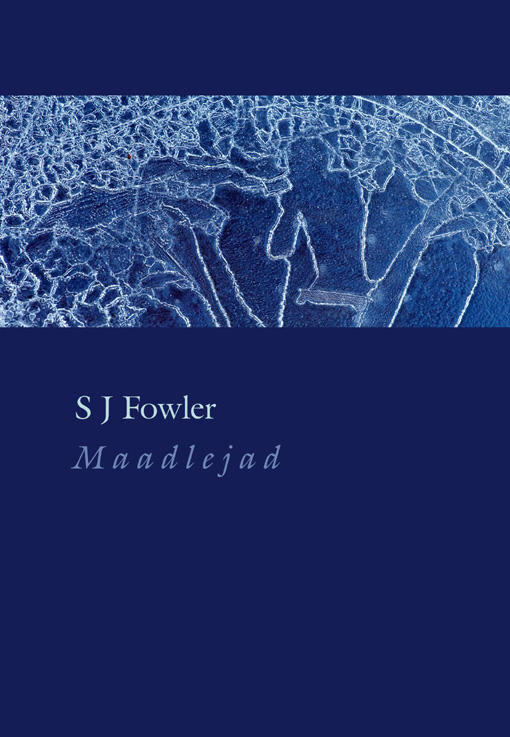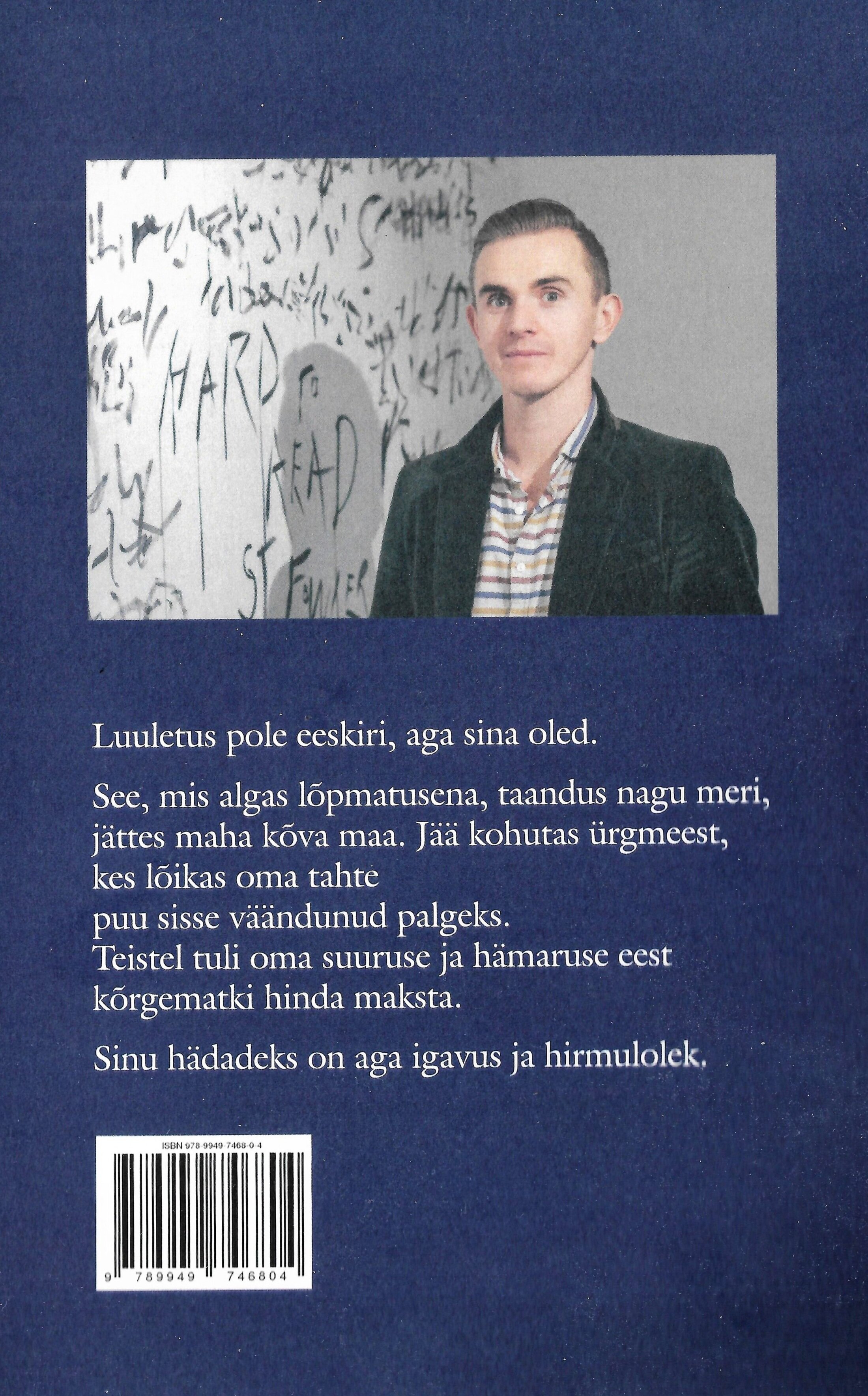"That the mind holds to illusions, that we are able to function as if there’s no horror happening just over the horizon, or even in the same room, is something that Fowler is drawn to again and again. The suffering that grows so deep you can’t bear to pay, though pay you must, is a central theme, and a conceit that makes his war poems resonate with a felt truth about our special kind of modern warfare, for our wars reveal ‘… the possibilities /of the human mind to pretend everything is fine.’ In a particularly subtle physicality his poem ‘the bleached is not a white’ takes the death of a whale as a way of showing the heartbreaking route away from civilization we’ve taken, a place that’s as public and as private as can be, a narrow road to the interior that is literally broken up:
‘… as it perishes it’s heart bursting in attack, the salt/ water damning its arteries, the whale turns eyes down/ to watch its deathplace rise into view…’.
There’s a marvelous, deadly, hard-won simplicity and directness in this that can evoke the physicality of his spiritual journey, a kind of Zen mixed with highest art, Basho’s journey to Oku recalibrated as allegoric caustic satire. He also evokes the elisions we remember from Emily Dickinson, perhaps her ‘a bird came down the walk’, as well as cumming’s ‘since feeling is first’ so like a child, like a foreigner, a joker, he plays, compares, couples, contrasts, double arranges, jams semantic enquiry into fragments, anti-paradigms, colloquial, dialectical, vulgar, irregular arrangements that seem to forget what they started or else never intended a main clause to have any fina closing heft, which after a while may be taken to be a political stance. In this at times he is Beelzebub in Milton’s ‘Paradise Lost’ who refuses the conventional obligations to honour what he starts with a completion, ie; ‘ If thou beest he; But oh how falln, how changed/From him…’ Milton wrote to confound the poetasters of his day who would put together edifying verse for educative reasons: he deliberately wrote so that his poetry could not be easily chopped into such squeamish morsels. We’re reminded of Dylan here: whatever they’re up to, ‘its not wallpaper.’ Shelley moved towards the impenetrable, shifting expectations by removing closure commas, staying on the side of grammar but posing something unacceptable to the reader not wanting to think recursively.
‘The extreme hope, the loveliest and the last,/The bloom, whose petals nipped before they blew/Died on the promise of the fruit, is waste.’
Shelley is asking the reader to puzzle with him, and reminds us again that language isn’t always, nor essentially, communication, but keeping a difficult score."









































